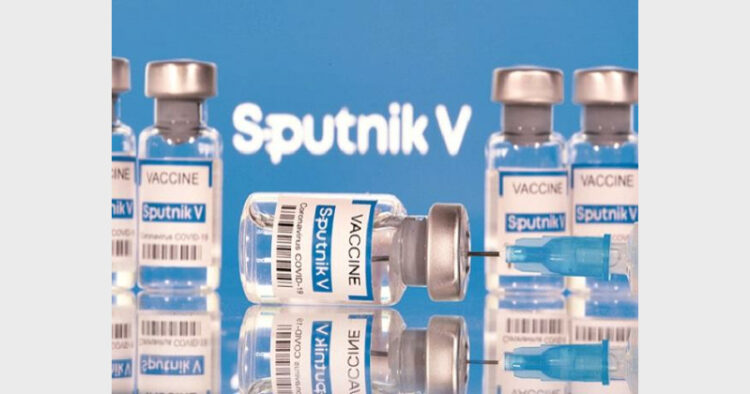Sputnik V gives 90 percent protection against the Delta variant of the Covid-19 virus. It was the first vaccine against Covid-19, registered in August last year.
The first batch of Sputnik vaccine is expected to be produced at Serum Institute of India (SII)'s facilities in September, said Russian Direct Investment Fund (RDIF), the sovereign wealth fund responsible for marketing Sputnik V globally, on Tuesday (July 13).
In a statement, RDIF said that the Russian Direct Investment Fund and Serum Institute of India (SII) intend to produce over 300 million doses of the vaccine in India per year. "As part of the technical transfer process, SII has already received cell and vector samples from the Gamaleya Center. With their import approved by the Drug Controller General of India (DCGI), the cultivation process has begun," it said.
India is the leading production hub for the production of the Sputnik vaccine. RDIF had earlier reached agreements with several pharmaceutical companies in India (Gland Pharma, Hetero Biopharma, Panacea Biotec, Stelis Biopharma, Virchow Biotech, and Morepen) for the production of the Russian vaccine.
To date, the Russian Sputnik V vaccine has been registered in 67 countries globally with a total population of over 3.5 bn people. Sputnik V is one of the safest and most effective coronavirus vaccines, according to data gathered by regulators in several countries during vaccinating the population vaccination. It includes Argentina, Serbia, Bahrain, Hungary, Mexico, San Marino, the United Arab Emirates, and others.
Meanwhile, WHO concern over Sputnik V coronavirus vaccine issues with the filling of vials at one plant, the Pharmastanfar – UfaVITA said that the issues did not relate to the safety or efficacy of the vaccine itself, the plant is only responsible for pouring into vials doses of Sputnik V vaccine produced elsewhere.
The WHO did not raise questions about the safety and efficacy of the produced and finished vaccine "Sputnik V" undergoes strictest double quality output control of the Gamaleya Institute and the Russian health regulator (Federal Healthcare Service – Roszdravnadzor), said OJSC Pharmstandard-UfaVITA statement.
The WHO interim inspection did not identify any critical issues with the actual vaccine's production, quality, clinical studies, side effects, nor with the double quality output control by both the Gamaleya Institute and the Russian health regulator. Instead, WHO inspectors' attention was focused on only 4 technical issues mostly related to one of the filling lines that have all been subsequently fully addressed, said the statement.
Courtesy: ANI














Comments